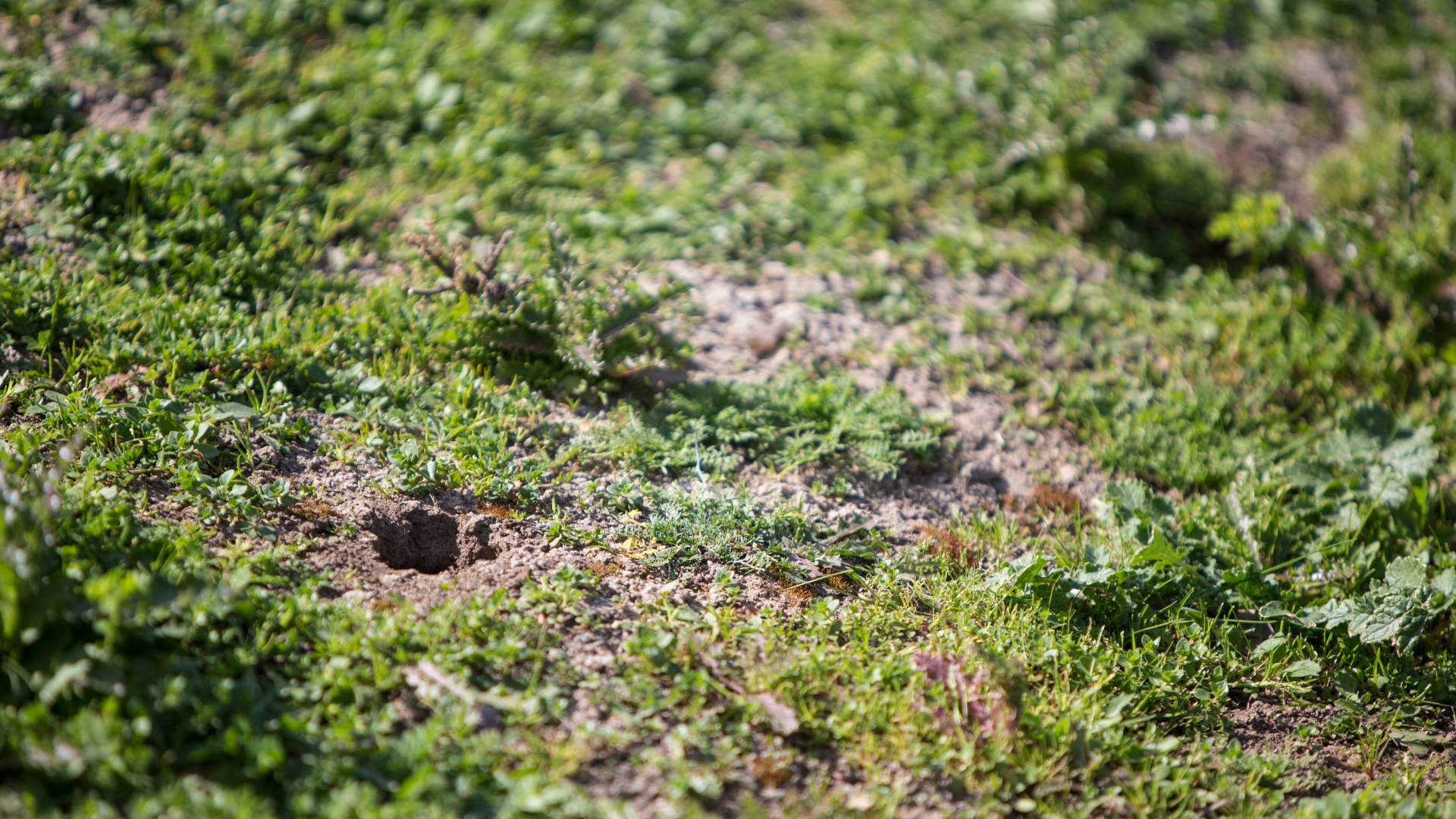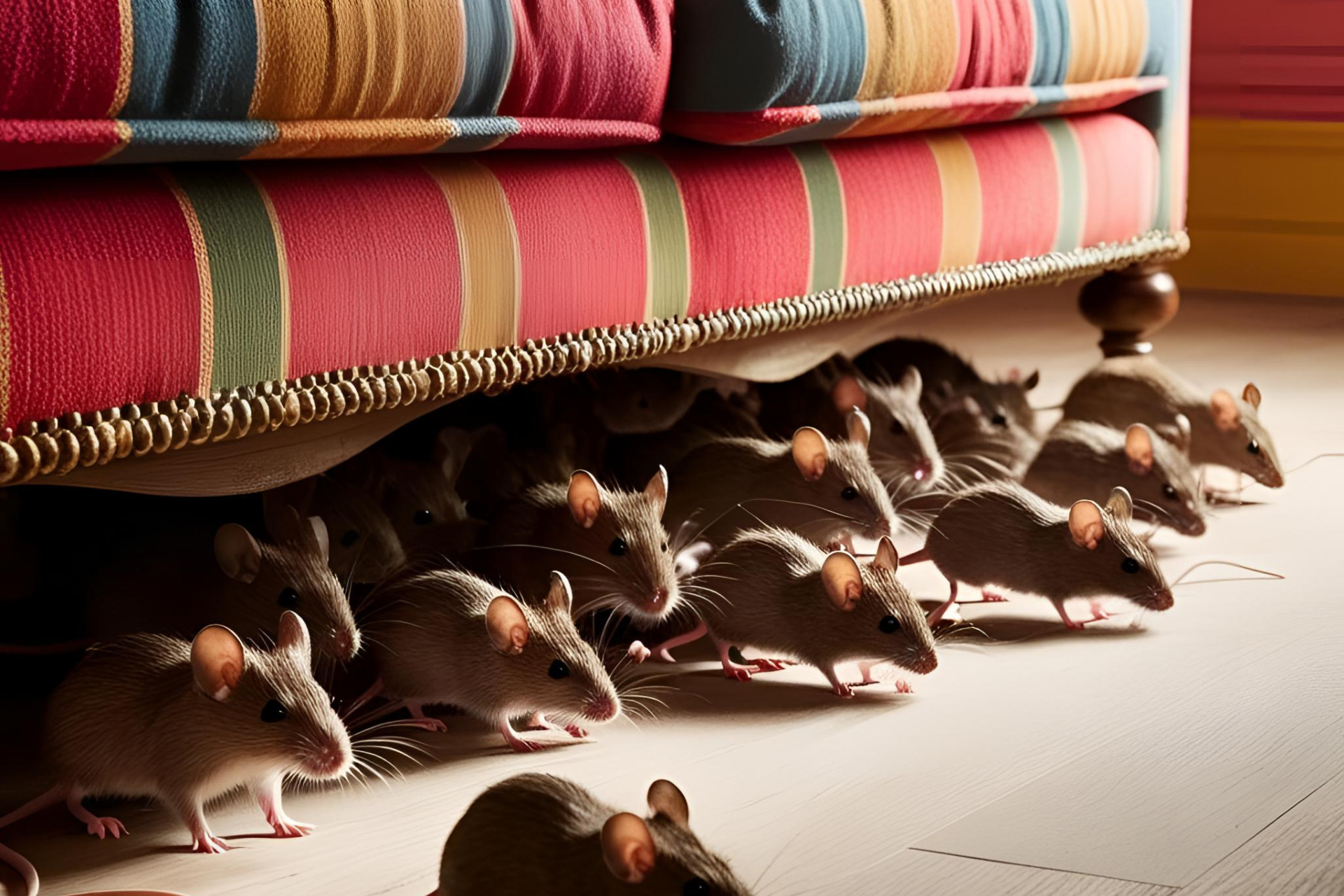Squirrels Were Once America's Favorite Pet
Americans have been known to make some outrageously bad decisions when it comes to choosing the animals we keep as pets. It is no surprise that dogs, cats, aquarium fish, and birds top the list of the most common animals kept as pets today. However, more exotic animals find their way onto the lower ranks of that list. If it’s cute and cuddly looking (and sometimes even when it’s not), you can bet someone will attempt to domesticate it. From cougars to capybaras to capuchins, history is littered with those bad decisions and their inevitably horrendous results. Take a stroll through the internet jungle, and you are bound to find a plethora of "pet-gone-wrong stories" that will make you hug your dog in deep appreciation. Dig around enough, and there’s even a surprising and fascinating story about one of our most problematic pests today—squirrels.
Yes, squirrels. And we are not talking about some obscure, “crazy guy teaches squirrel to skateboard” kind of story. Although yes, that one is true, too. No, we are speaking of a tale much more significant than that, staggering, in fact. The little-known truth is, once upon a time, our entire country was so crazy about them that they were one of our most beloved pets—right up there at the very top of that popular-pet list with dogs and cats. In the 1700s, we welcomed them into our homes. We adored them so much that we imported them into cities, introduced them into parks, and sold them in pet stores across the country. We played with them, vacationed with them, walked them on leashes, posed with them in family pictures, and lavished them with our love and attention. Even President Harding had a pet named Pete that used to go everywhere with him, including cabinet meetings.
It’s not hard to understand how it happened. They are smart, funny, and can be quite entertaining with their quirky behavior. It was easy for us to be captivated by their many charms, and within the span of a century, these cute, fluffy-tailed rodents had literally wooed our entire nation. In the end, though, this tale is a cautionary one, because while we were smitten, we were also bitten. By the early twentieth century, we had begun to recognize the error of our ways. As it turned out, they were not as easy to domesticate as they initially appeared, and they were unpredictable. Even when raised from babies, they would still bite and scratch without provocation. Not only that, but we were getting sick as they were passing on a host of different diseases, pathogens, and parasites to us, including rabies, plague, salmonella, and even leprosy. They were dirty and destructive, chewing up everything in sight, raiding our cupboards, contaminating our food, and turning our homes into an unlivable, unsanitary mess. By the mid-1900s, we had finally—and correctly—classified them as pests, not pets.
If you’ve ever considered trying to tame or make a pet out of one, take our advice: just don’t. Wildlife experts, scientists, and veterinarians will strongly caution you against it. They genuinely make terrible pets for many reasons, not only the ones mentioned above. Physiologically, they have razor-sharp nails designed to pierce bark that can easily puncture and shred human skin. They also have pointy teeth that don’t stop growing and require a constant chewing behavior just to stay healthy. Psychologically, they are not wired for domestication. Tame or not, they do not have the same bite inhibition that commonly domesticated pets have. They bite impulsively and frequently and are also naturally hyperactive. They are continually in motion and need a high stimulation level that they can’t find in a human home. And perhaps most importantly, they are driven by survival instincts, not affection. The bonds they may form with humans reflect those inherent instincts, not love, and should not be mistaken as such.
Though squirrels may not be invited into our homes or hearts anymore, they are still a constant source of frustration for homeowners. Populations are booming not only in the United States but around the world. Despite having been served an eviction notice ages ago, they are still attracted to human habitats and homes. They gnaw their way into our attics, nest in our eaves, get into basements, porches, sheds, garages, and crawlspaces. Even when they are not breaking inside, they cause problems outside, chewing through electrical wires, digging up our flowers and vegetation, pilfering fruits, and vegetables from our garden, and craftily and acrobatically emptying our birdfeeders with relentless persistence.
If you have an issue with squirrels, what to do about them if you reside in California can be complicated. The state has rules, regulations, and permitting requirements that need to be complied with. The solution is easy: contact 101 Gopher & Pest Control. As the leading area specialist, we can help you with that squirrel problem and keep them off your fruit trees, your feeders, and your guest list. Contact us today.










